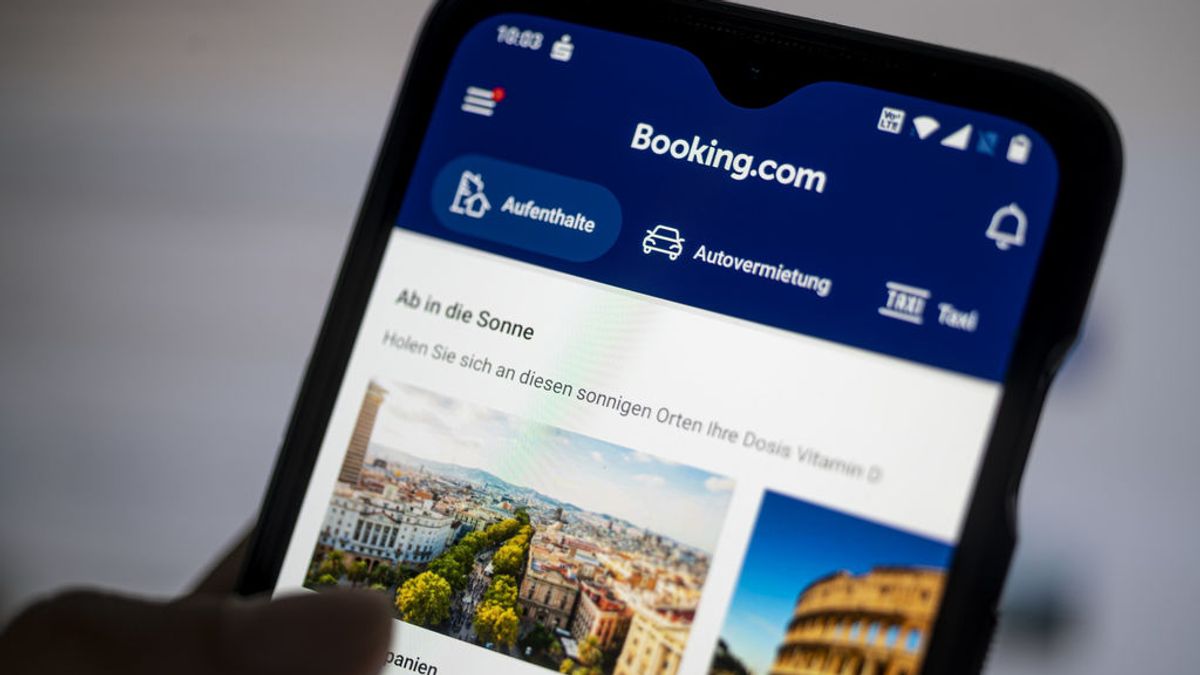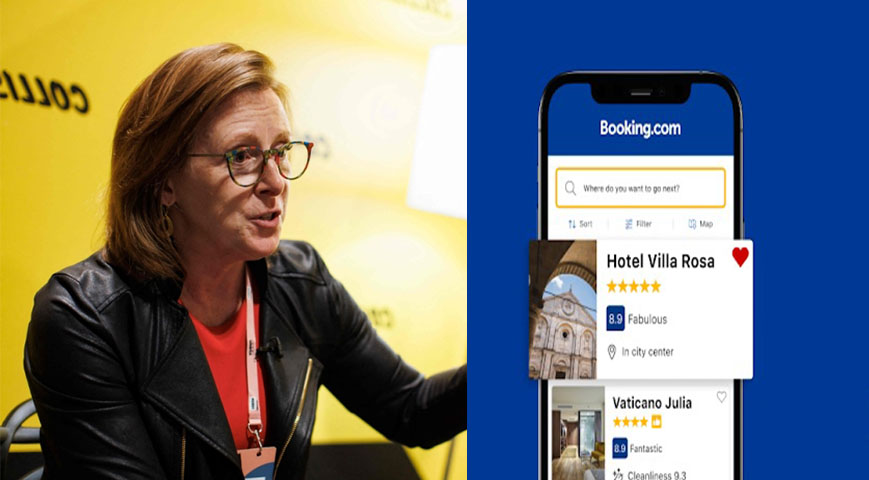Booking.com's online safety chief, Marnie Wilking, has warned vacationers about supercharged AI frauds.
Marnie Wilking, Chief Information Security Officer at the Netherlands-based travel giant, said generative AI had generated a rise in online phishing schemes, and the hotel industry, which had previously been spared, had now become a target.

"Over the course of the last year and a half, throughout all industries, there's been anywhere from a 500 to a 900% increase in attacks, in phishing in particular, across the globe,” Wilking told AFP.
Phishing scams are cyber assaults in which hackers try to deceive victims into disclosing sensitive information such as login passwords or bank account information.
Travel websites are a rich source for phishing scammers since travelers are often asked to share sensitive information about their cards and finances
"Of course, we've had phishing since the dawn of email. But the uptick started shortly after ChatGPT got launched. The attackers are definitely using AI to launch attacks that mimic emails far better than anything that they've done to date," she said.

According to Wilking, fraudsters may now use generative AI techniques to operate in several languages and with proper grammar.
They're also " taking advantage of the helpful nature of hospitality."
She added that a hotel owner is "probably going to open up the attachment" that is spyware to help a putative visitor.
According to Wilking, travellers and hosts should sign up for two-factor authentication to be secure online.
In addition to entering a username and password, two-factor authentication requires users to confirm their identity with an additional factor, such as a one-time code delivered to their mobile device or created by an authenticator app.
"I know it can be a little bit painful just to set up and then you have to remember which phone it's on and everything," she said.

However, the extra step "is still hands down the best way to combat phishing and credential stealing," she added.
And "don't click on anything that looks suspicious, even if you think it might be real. If there's even a little bit of doubt, call the property, hosts, and customer support,” she said.
Wilking stated that Booking.com and other large corporations are working closely together and increasingly depending on AI to assist in the fight.









